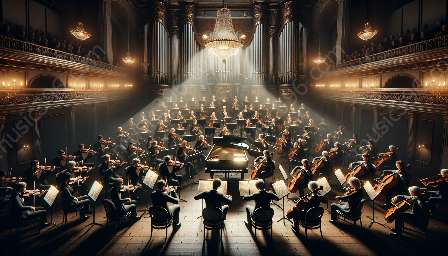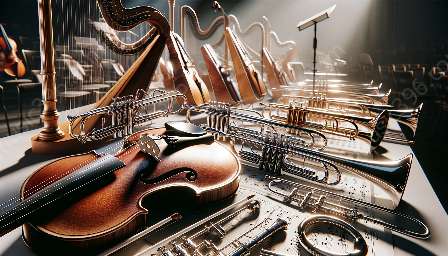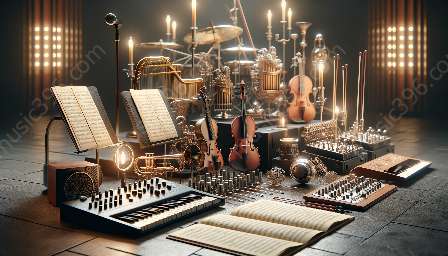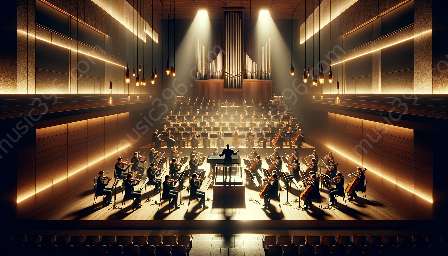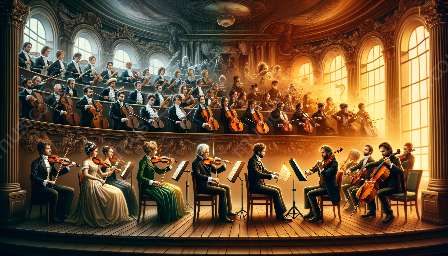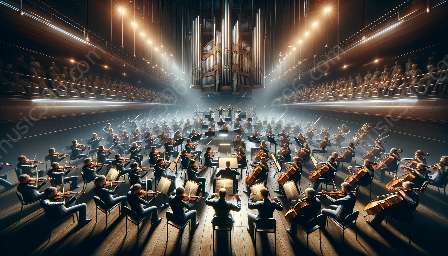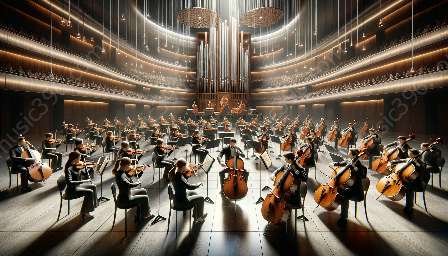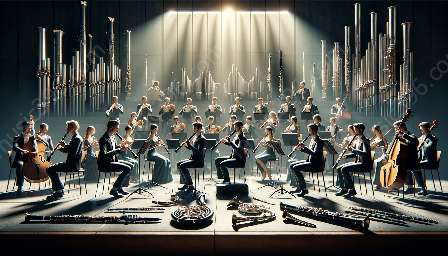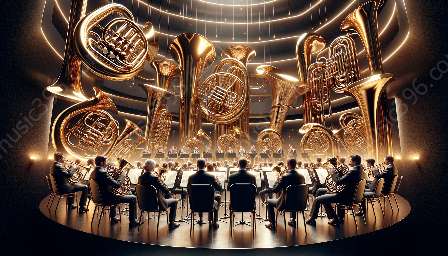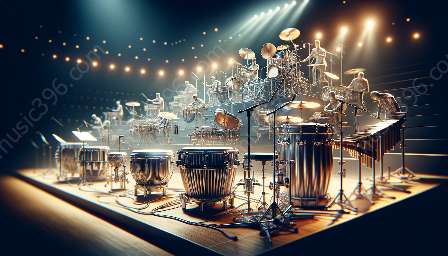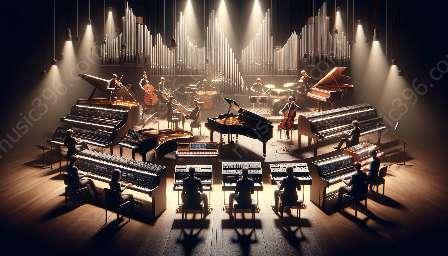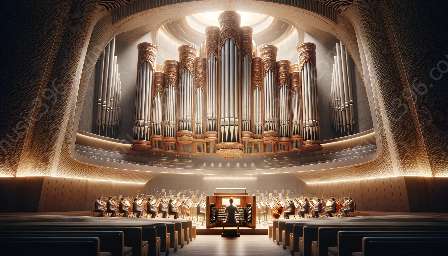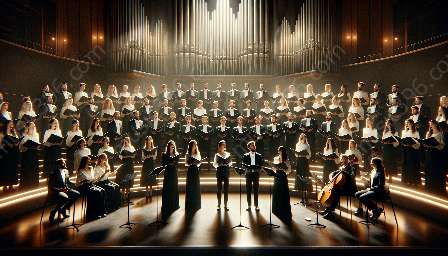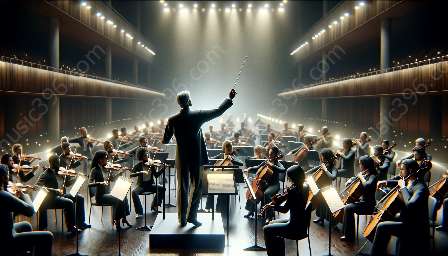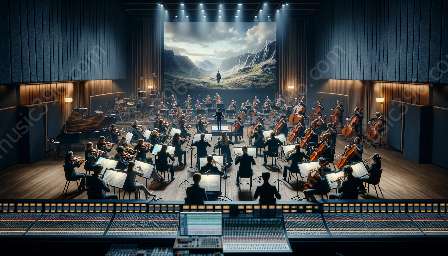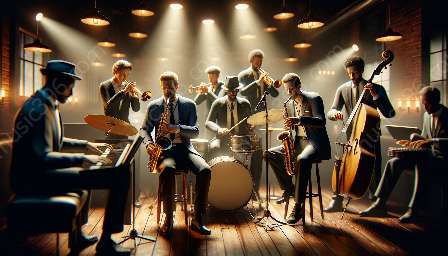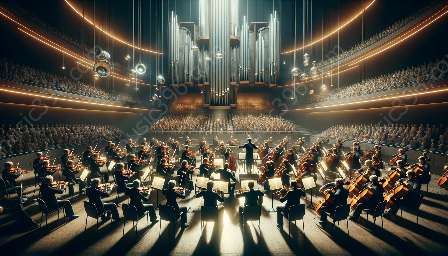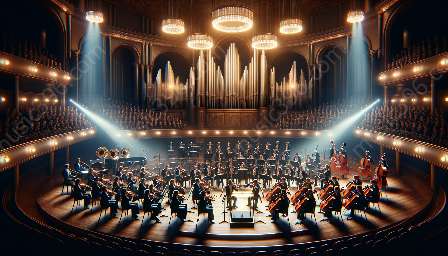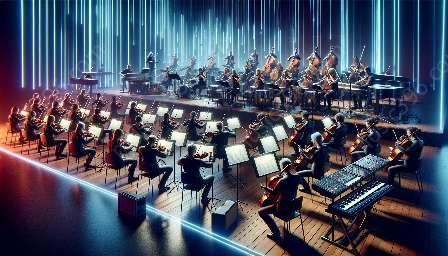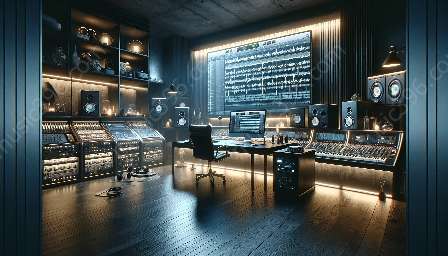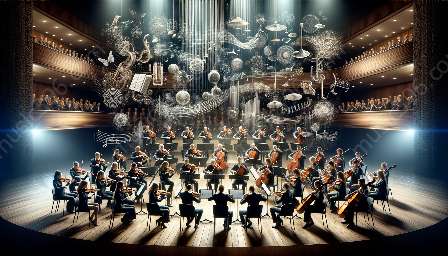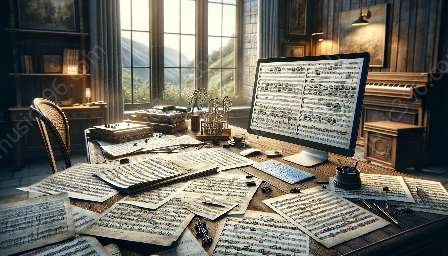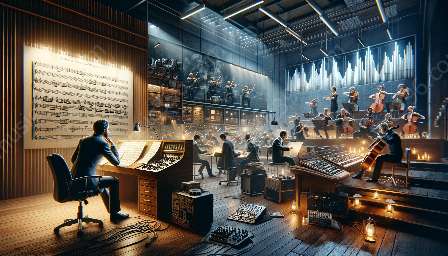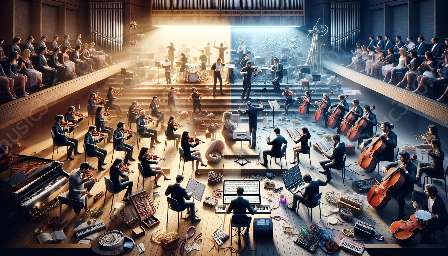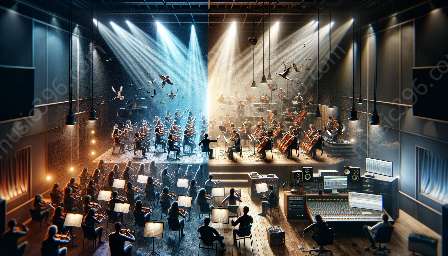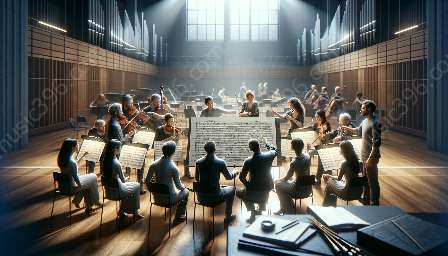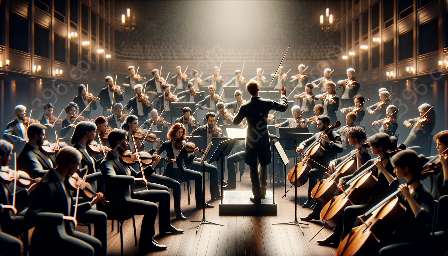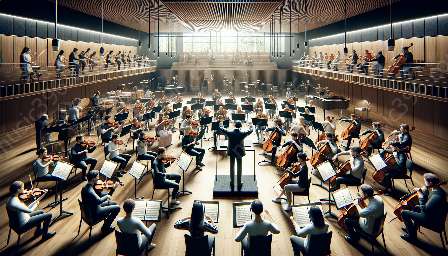In the realm of music composition, orchestration is an essential and ever-evolving art form. As composers and orchestrators navigate the contemporary musical landscape, they encounter a myriad of debates and controversies that shape the way music is constructed and performed. This topic cluster will explore the key discussions and disagreements within contemporary orchestration, providing insights into the challenges and innovations that define the modern orchestral experience.
The Role of Technology in Contemporary Orchestration
Advancements in technology have had a profound impact on orchestration, sparking debates about the integration of electronic elements into traditional orchestral compositions. Some contemporary composers embrace electronic instruments and effects as a means of expanding the sonic possibilities of orchestral music, while others advocate for maintaining the purity of acoustic orchestration. This debate encompasses discussions about the balance between tradition and innovation, as well as the potential for technology to enhance or dilute the authenticity of orchestral arrangements.
Exploring New Instrumentation and Soundscapes
Contemporary orchestration has witnessed a surge in experimentation with new instrumentation and unconventional soundscapes. This trend has ignited debates about the boundaries of orchestral instrumentation and the definition of orchestral music in the modern era. Composers and orchestrators grapple with questions about the inclusion of non-traditional instruments, the fusion of diverse musical genres, and the pursuit of innovative sonic textures. These debates prompt reflections on the evolution of orchestration as an art form and the dynamic relationship between tradition and creativity.
Preserving and Challenging Orchestral Conventions
The preservation of traditional orchestral conventions and the exploration of alternative compositional approaches spark lively debates within contemporary orchestration. Some composers prioritize the preservation of classic orchestral structures and techniques, advocating for the continuation of established conventions. Conversely, others champion the disruption of traditional norms, seeking to challenge and redefine the boundaries of orchestration through unconventional methods and avant-garde compositions. These discussions underline the tension between upholding tradition and embracing innovation in modern orchestration.
Addressing Diversity and Representation in Orchestration
Contemporary orchestration has prompted critical dialogues on diversity and representation within the orchestral realm. Composers and orchestrators engage in debates about the incorporation of diverse cultural influences, the representation of underrepresented voices, and the decolonization of orchestral repertoire. These discussions delve into the complex intersections of identity, heritage, and artistic expression, shaping the ongoing discourse around inclusivity and equity in orchestration.
Collaborations Between Composers and Orchestrators
The collaborative dynamic between composers and orchestrators is a subject of ongoing debate in contemporary orchestration. Discussions focus on the distribution of creative authority, the balance of artistic vision, and the negotiation of artistic decisions within the orchestration process. Debates also arise regarding the impact of technology on the composer-orchestrator relationship and the evolving roles of each collaborator in shaping the final orchestral composition. These debates illuminate the complexities of creative collaboration and the evolving nature of the composer-orchestrator partnership in modern orchestration.
The Future of Orchestration in the Digital Age
As orchestration continues to evolve in the digital age, debates and controversies shape the trajectory of the art form. The ongoing discourse surrounding the integration of technology, the exploration of new sounds, the preservation of tradition, diversity and representation, and collaborative dynamics highlights the multifaceted nature of contemporary orchestration. These debates inspire continuous innovation and reflection, driving the evolution of orchestration as a vibrant and dynamic force within the modern musical landscape.

